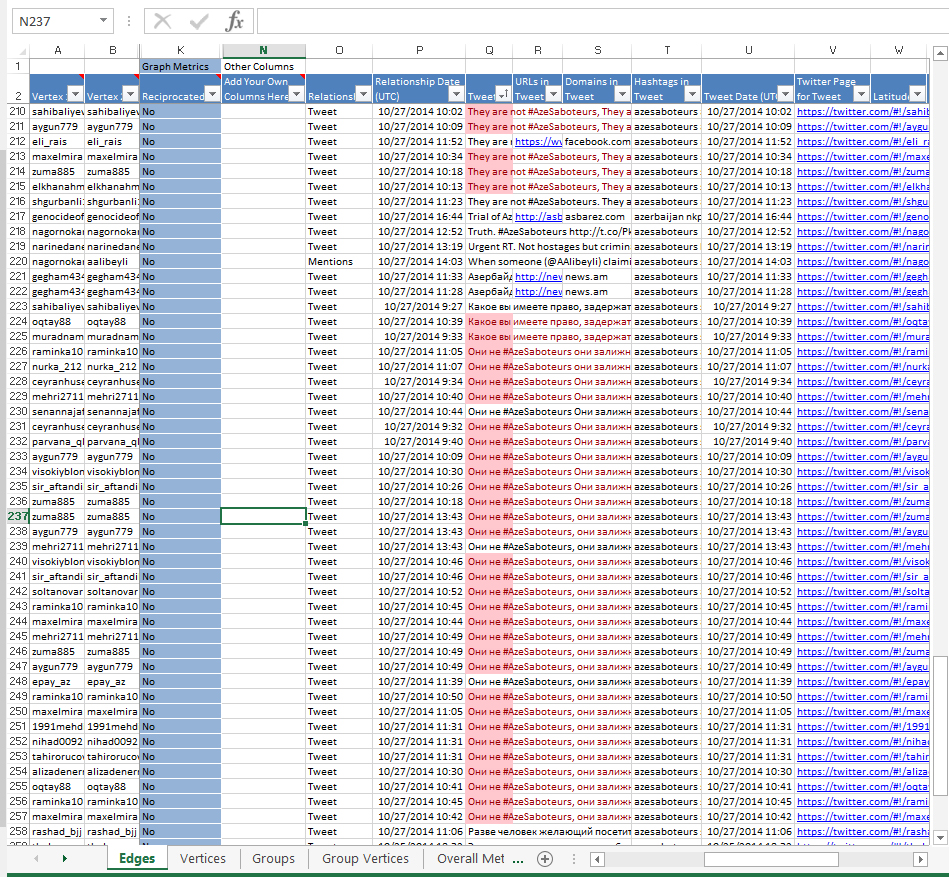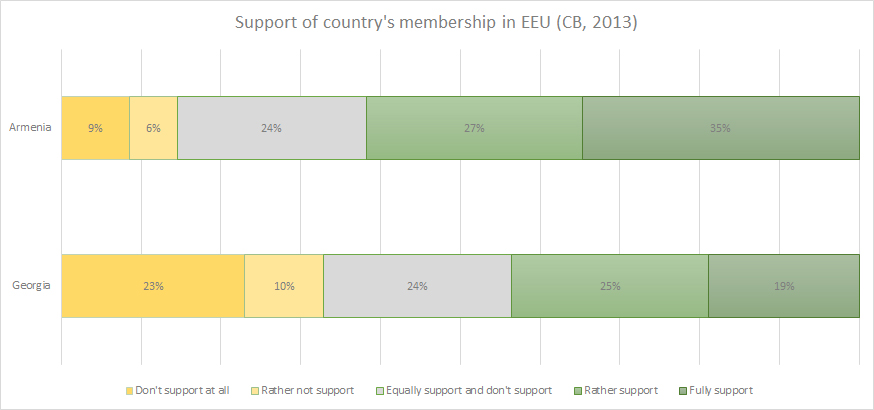Hashtag Shenanigans Again – Karabakh Edition, #azesaboteurs and #saveazehostages
It has been awhile since there has been hashtag shenanigans in the Caucasus. Some of the major hashtag shenanigans players fell out of favor. But this week things heated up again. I started seeing random odd tweets from accounts and upon clicking through it seemed like they were likely fake accounts – brand new, stock photos for the profile picture, few followers. These were usually in response to any criticism of Azerbaijan, but often with regard to Nagorno Karabakh.
This week the presidents of Armenia and Azerbaijan are meeting with French president François Hollande and last week the German Foreign Minister visited both countries. (John Kerry met with with last month, Putin in late summer, etc. etc.)
But perhaps of greater interest is that this week the authorities in Nagorno Karabakh put two Azerbaijani citizens on trial after they were caught crossing the border (a third was killed). The men say that they were going to visit relatives’ graves. The NK authorities say that the men killed a military officer. Azerbaijani authorities also note that NK has no right to hold a trial because it isn’t a recognized state. RFERL story ArmeniaNow story Armenian RFERL
The other day I noticed a Twitter hashtag and Facebook group (with 8000+ “attending”) being promoted by the Azerbaijani ruling party’s youth wing. These sort of rallying around the flag issues are always interesting to me and I was a little surprised to see a lot of my oppositionally-minded Facebook and Twitter friends following this hashtag: #SaveAzeHostages. There was even a photo hashtag meme thing happening.

Meanwhile, Armenians created their own hashtag: #AzeSaboteurs.
This quickly turned into a hashtag battle.
It appears as if there are some fake accounts of some sort. For example, look at all these duplicate tweets (red/pink = duplicate).
Users zuma885, oqtay88, raminka10, and maxelmira, for example, have a lot of repeated tweets. And let us look at when these four joined Twitter! (Plus they use stock photos.)
These users showed up in both #SaveAzeHostages and #AzeSaboteurs.
Here’s the network analysis for #Azesaboteurs. It seems like Azerbaijanis may have “taken it over” but not to the extent that we saw in previous hashtags like #armvote13.
But look at #saveazehostages – what an interesting network analysis!
That center is the official Twitter account of the ruling party’s youth wing. Another power player is msabina34 who seems to be most interesting in One Direction. She tweeted on this hashtag over 100 times in one hour! There are also a number of other fake accounts on this hashtag.
It isn’t too hard to buy fake twitter accounts, but I wonder if this is a worthwhile investment? It is so obvious. I guess that the person in charge of this (likely someone at that youth wing) wants to show that s/he is a really dedicated member?
As a side note:
But this went beyond hashtag shenanigans and turned into a DDoS war. Here’s a report on what Azerbaijani websites Armenians took down. I don’t have any reports from Azerbaijanis.






